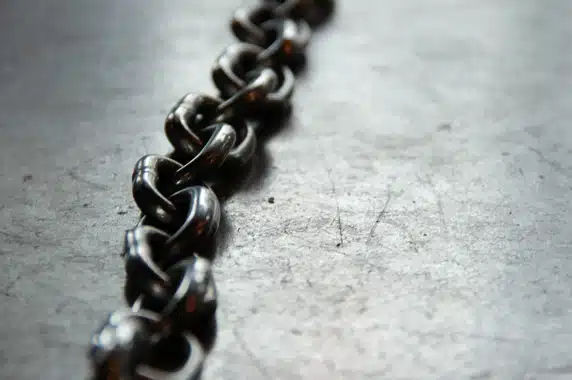
What are Inbound Links?
As a business owner dependent on their online presence to drive customers, you’ve probably heard that in order to get more traffic your site should include links.
But what types of links should you include?
There are three types of links commonly discussed when referring to link building and these include outbound links, internal links and inbound links.
Outbound links would be links you include on your own site that link out to another site. For example, this link to HybridChart, one of our client’s sites, is considered an outbound link from our site. For HybridChart, however, it’s considered an inbound link. An inbound link is any link coming from an outside website to your website.
An internal link is a link you use to reference another page or resource within your own site. For example, this link to our Facebook ebook is considered an internal link.
You want your site to include inbound links for a few different reasons.
Inbound Links Help Increase Search Rankings
High quality inbound links can help your site rank for specific keywords and topics. If high authority sites are referencing your website for information on a certain subject, that indicates to search engines, that you are an authority on that specific subject matter. Building an inbound linking strategy to drive traffic for specific subjects can be an effective way to build awareness for your site. Inbound linking is one of many factors that can influence your search rankings and site authority.
Inbound Links Increase Referral Traffic
If your site is referenced on other sites, there is a higher chance of getting new visitors to your website from those referring sites. You could receive additional exposure you wouldn’t have otherwise received if you weren’t linked from these other sites. The amount of traffic you are receiving from these sites is highly dependent on the amount of traffic those sites or blogs are receiving themselves.
However, all inbound links aren’t created equal. You certainly don’t want a bunch of spam sites or low quality sites linking to your website and you don’t want anything that appears unnatural, as this may ultimately do damage to your website’s reputation and ranking abilities. Rather, you want to ensure you’re acquiring links from high quality, high authority sites. While Google often understands the context of links, it can still be helpful to ensure the anchor text – or the text copy that is hyperlinked – is relevant and keyword-optimized.
Inbound links should be a part of your inbound marketing strategy. There are a number of ways to build your inbound links, including these 32 tactics outlined by HubSpot. Evaluate your options and select methods that you know you can stay focused on and committed to in order to see success.


